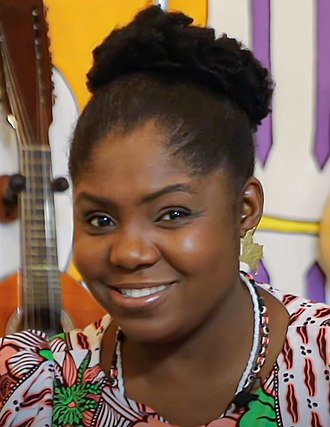Human and civil rights continue to be under attack inside and outside Europe and need defending. This autumn Amnesty will launch a new campaign focusing on the right to protest. We know that here at home the right to protest is severely threatened by the Police , Crime, Sentencing and Courts Act 2022 , which received royal assent on 29th April 2022. Our first international action is focusing on France (see on-line petition below) and we will be working on the UK later in the year. Another toxic piece of legislation, the Nationality & Borders Bill became law on 28th June 2022, scrapping the right to asylum.
Care for Calais, Detention Action and PCS Union are challenging the government decision to deport refugees who arrived in the UK by boat over the channel to Rwanda. Seeking asylum is a human right, and the UK can not dodge its responsibility facilitate fair asylum hearings and to grant asylum to refugees by deporting desperate people elsewhere. UNHCR stated that the vast majority of asylum seekers arriving via the channel are having a valid claim. We are calling for safe and legal routes for refugees to enter Europe and the UK, so that no-one has to risk their lives in order to reach safety. Read more below.
In January we protested against the inhuman conditions refugees from war-torn Yemen, Syria, Afghanistan, Congo and other places were suffering at the border of Belarus and Poland. In Amnesty’s new report on Lithuania we read chilling evidence of abuse and torture in the detention centres where refugees from outside Europe are detained. Please take action and write to the Interior Minister of Lithuania (Sample letter included).
But last not least some good news ! Please read how activists standing up for LGBT rights in Hungary outsmarted the so-called referendum, designed to further marginalise and criminalise LGBT+ people and communities
Right to protest under threat in Western Europe
MILITARISATION OF POLICING in FRANCE
While governments have long relied on aggressive tactics to police protests, security forces have increased the amount of force they use in recent years.
So-called less lethal weapons, including batons, pepper spray, tear gas, stun grenades, water cannons, and rubber bullets are routinely misused by security forces. And, since the early 2000s, Amnesty International has documented a trend towards the militarisation of state responses to protests, including the use of armed forces and military equipment. In countries including France security forces in full riot gear are often backed by armoured vehicles, military-grade aircraft, surveillance drones, guns and assault weapons, stun grenades and sound cannons.
France: Abusive and illegal use of force by police
AMNESTY INTERNATIONAL LAUNCHES GLOBAL CAMPAIGN TO CONFRONT UNPRECEDENTED WORLDWIDE THREAT TO THE RIGHT TO PROTEST
In the coming months we will focus on the Right to protest in Western Europe as part of the Amnesty´s global campaign to confront worldwide threat to the right to protest.
Amnesty International’s “Protect the Protest” campaign will challenge attacks on peaceful protest, stand with those targeted and support the causes of social movements pushing for human rights change.
Protect the Protest! Why we must save our right to protest
At the moment you can join online to demand our freedoms and pledge your support to protect the protest.
Please sign the petition here: https://www.amnesty.org/en/petition/protect-the-protest/
We are considering at the moment further actions that can be taken from the UK in order to campaign for the right to protest in Western and Northern Europe, and we will announce those actions in our next newsletter.
“Our campaign comes at a critical juncture. The precious right to protest is being eroded at a terrifying pace, and we must do all we can to push back.” Agnès Callamard, Amnesty [Read more…]
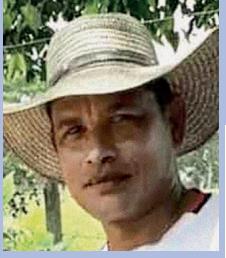
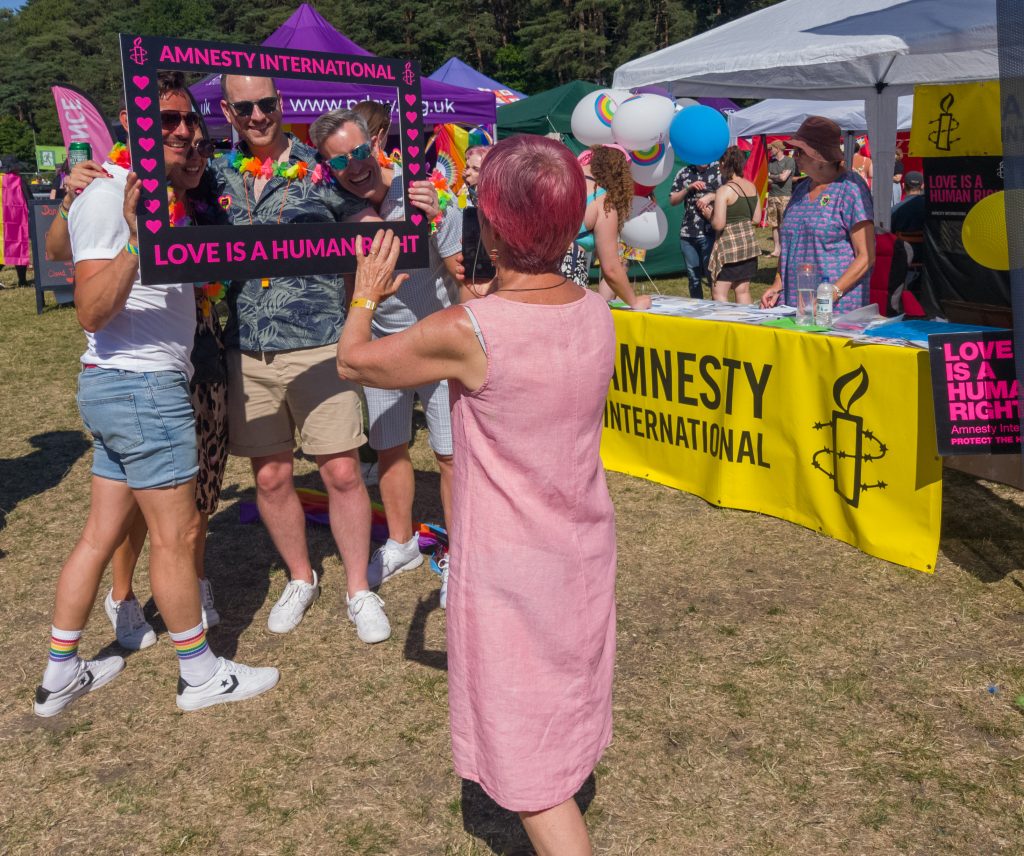
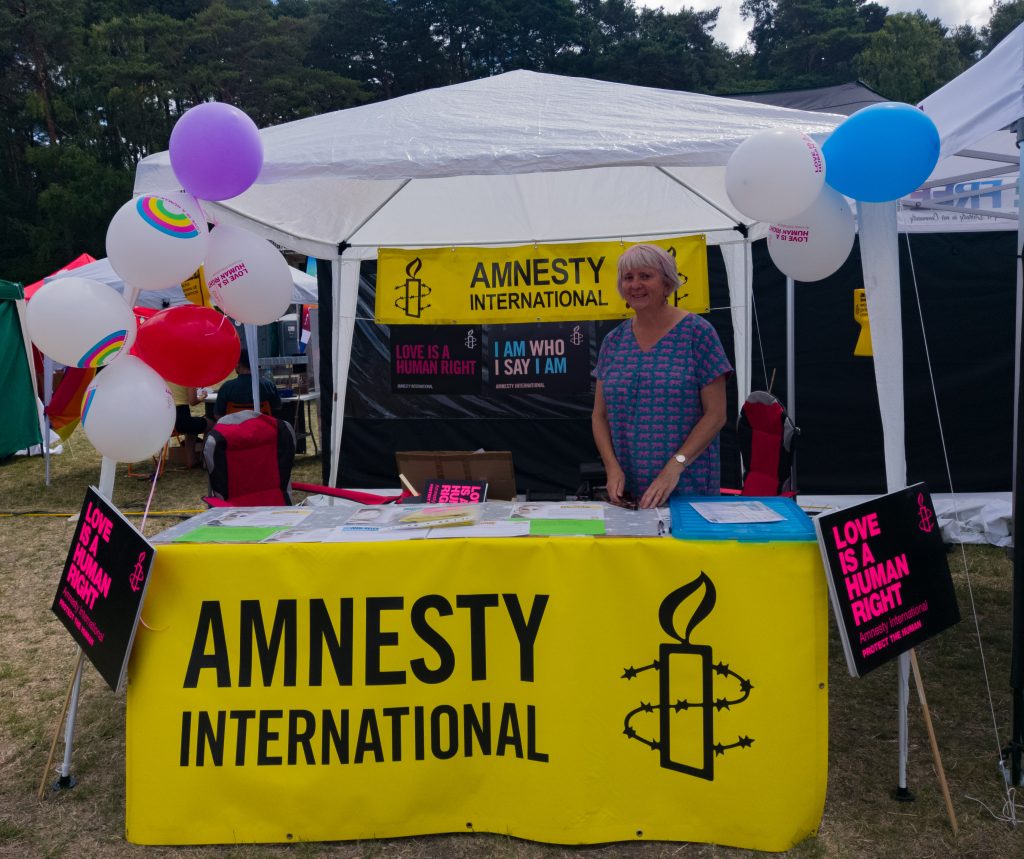
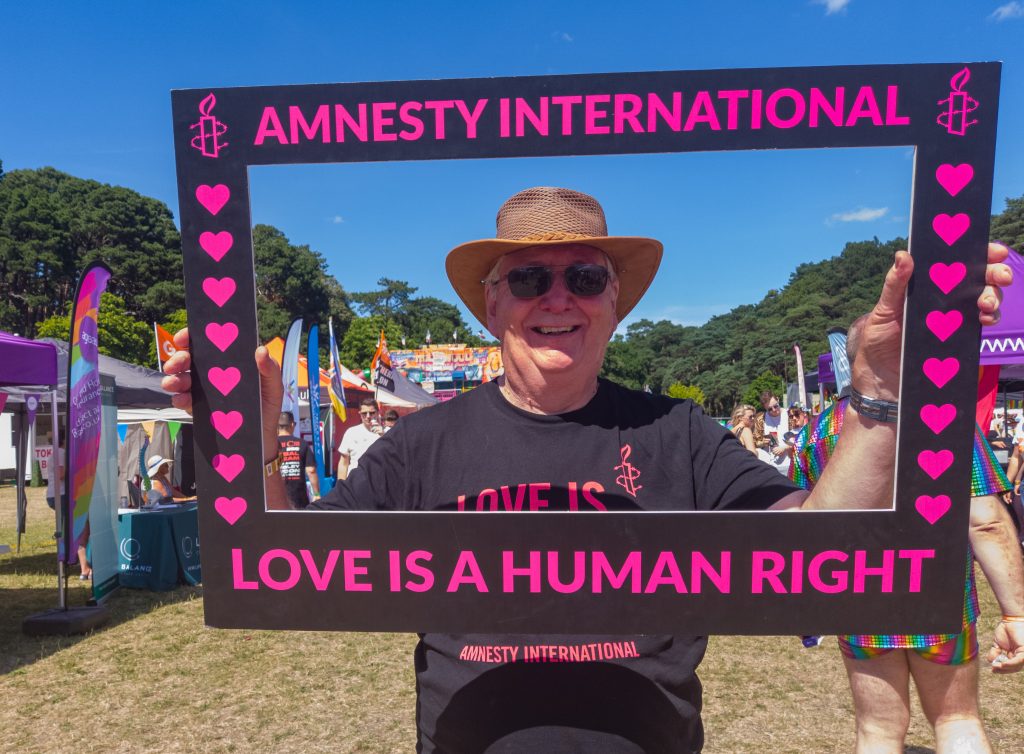
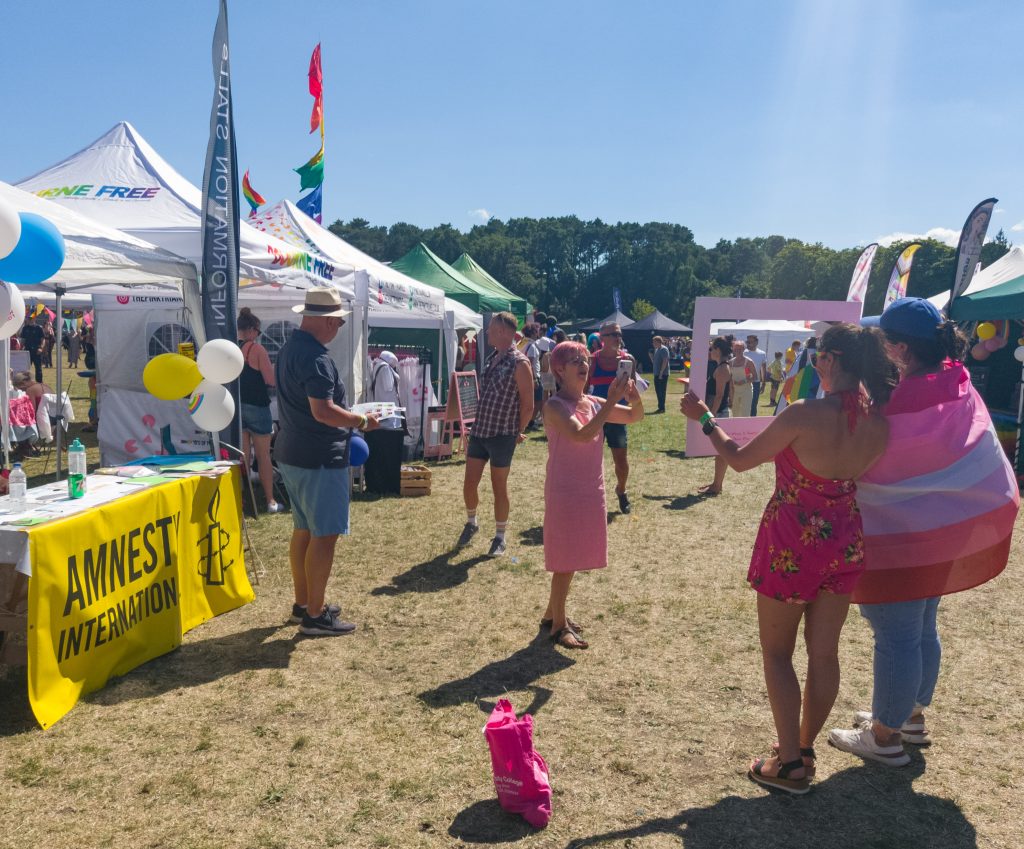
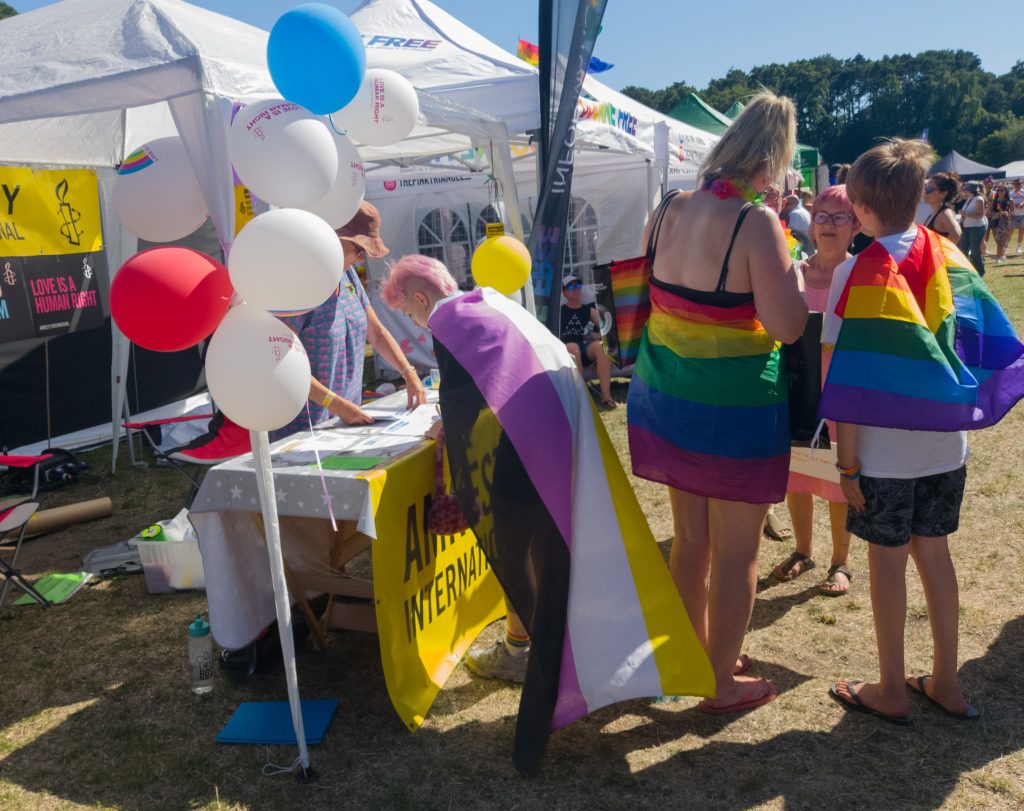
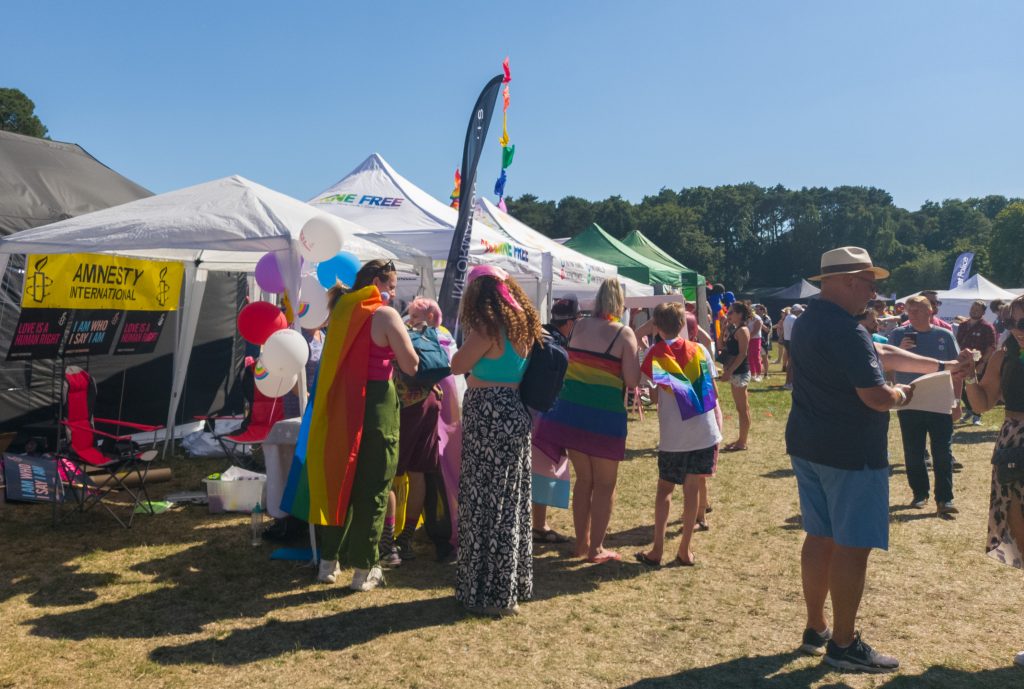
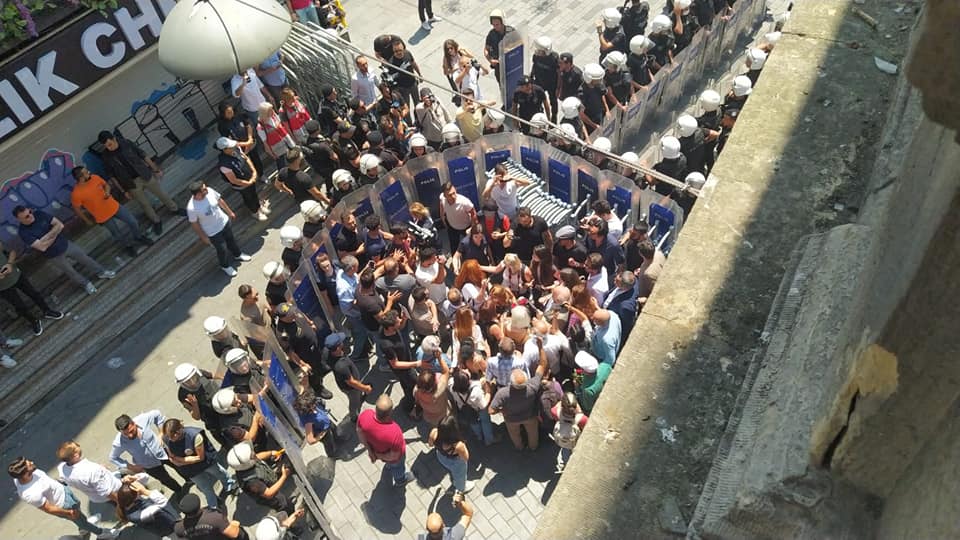 On 24 June the group known as the Saturday Mothers who have been demonstrating for 27 years on behalf of people who “disappeared” during the 1980s and 90s attempted to hold their 900th vigil in Galatasary Square, Istanbul.
On 24 June the group known as the Saturday Mothers who have been demonstrating for 27 years on behalf of people who “disappeared” during the 1980s and 90s attempted to hold their 900th vigil in Galatasary Square, Istanbul.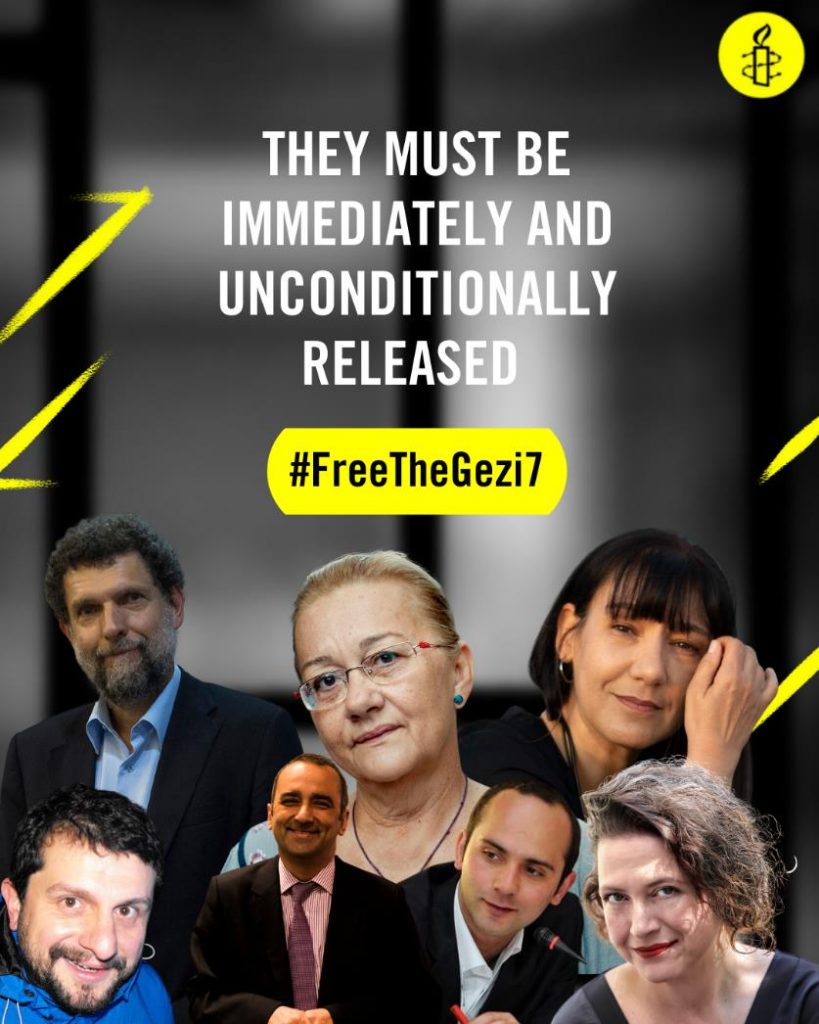 As I reported in the May Newsletter, at the conclusion of the long running Gezi Park trial on 25 April Osman Kavala , was convicted for “attempting to overthrow the government” and sentenced to aggravated life in prison. His seven co-defendants each received a sentence of 18 years, allegedly for aiding him.
As I reported in the May Newsletter, at the conclusion of the long running Gezi Park trial on 25 April Osman Kavala , was convicted for “attempting to overthrow the government” and sentenced to aggravated life in prison. His seven co-defendants each received a sentence of 18 years, allegedly for aiding him.